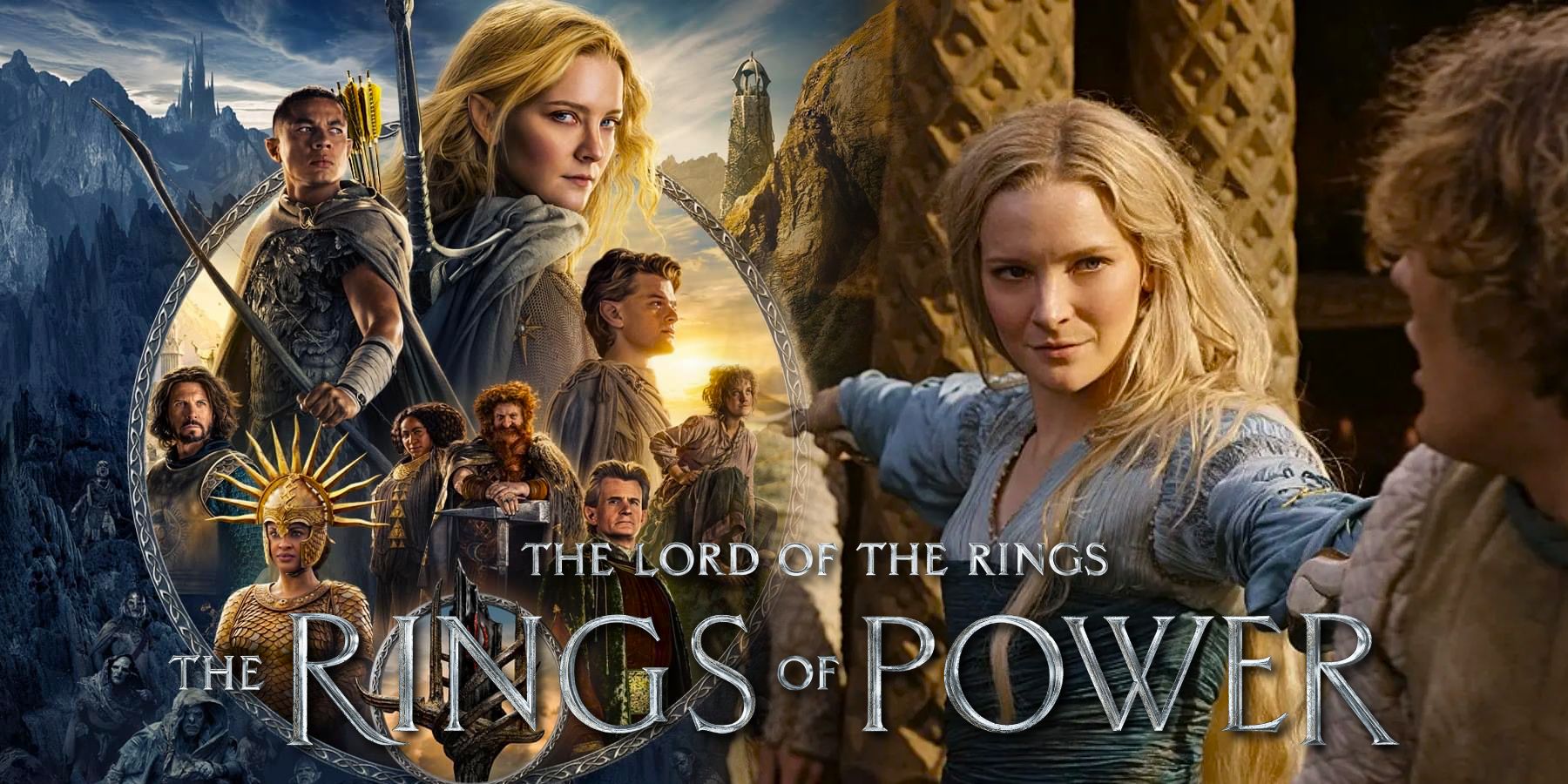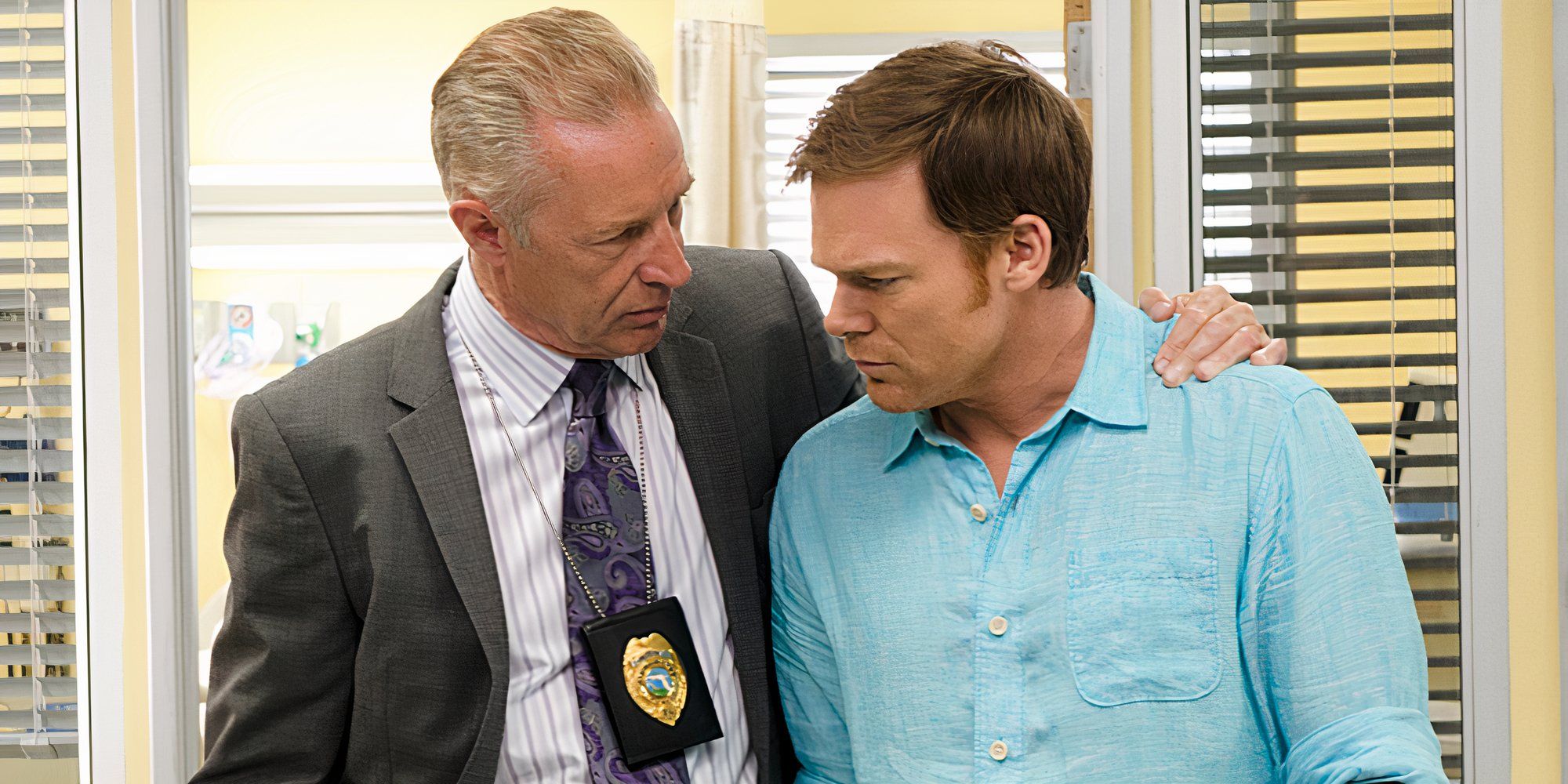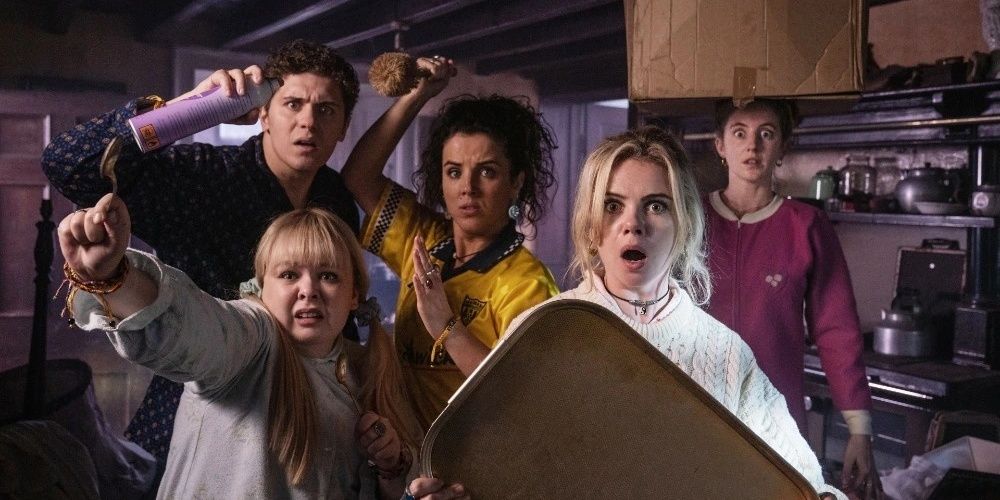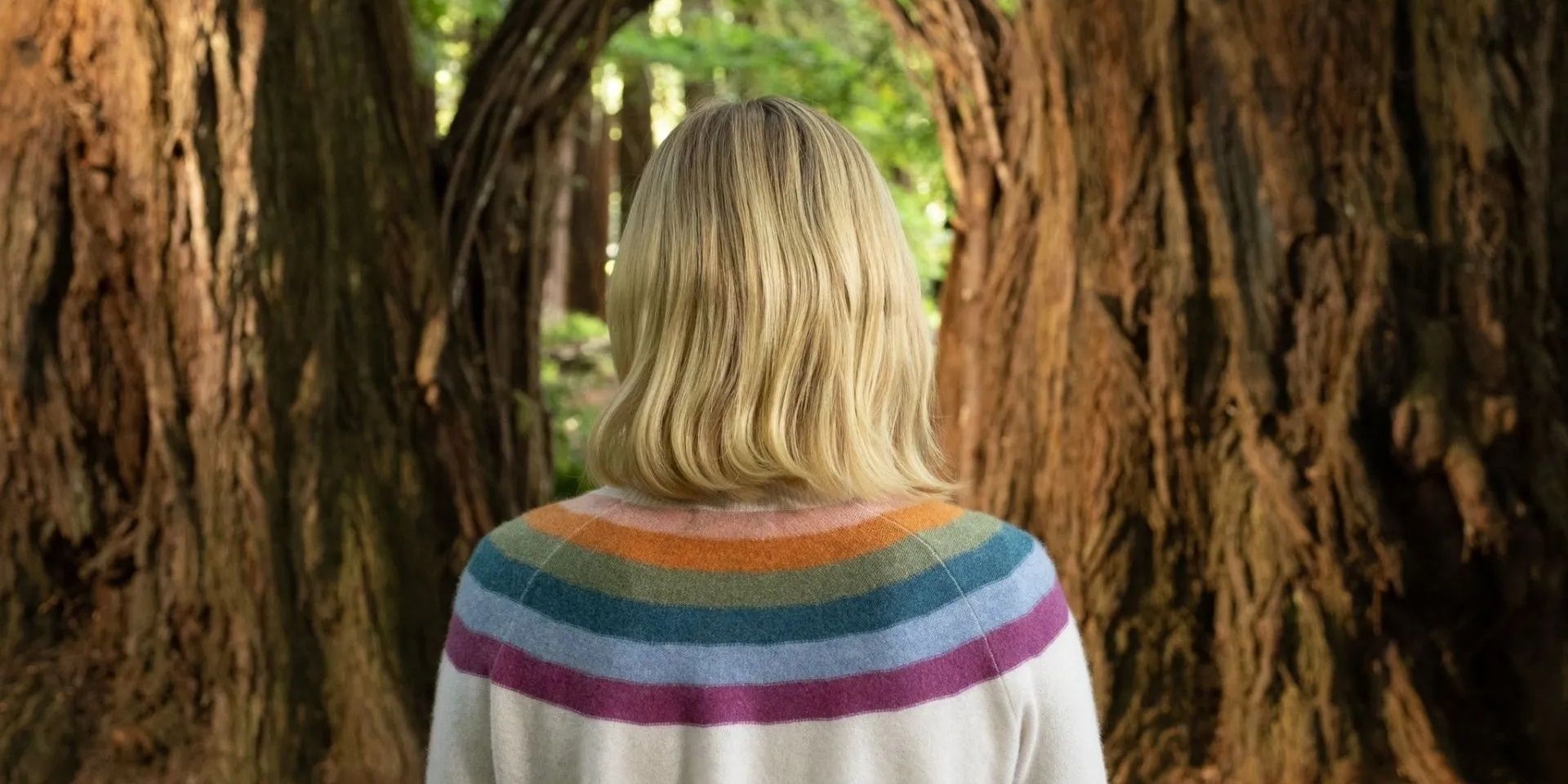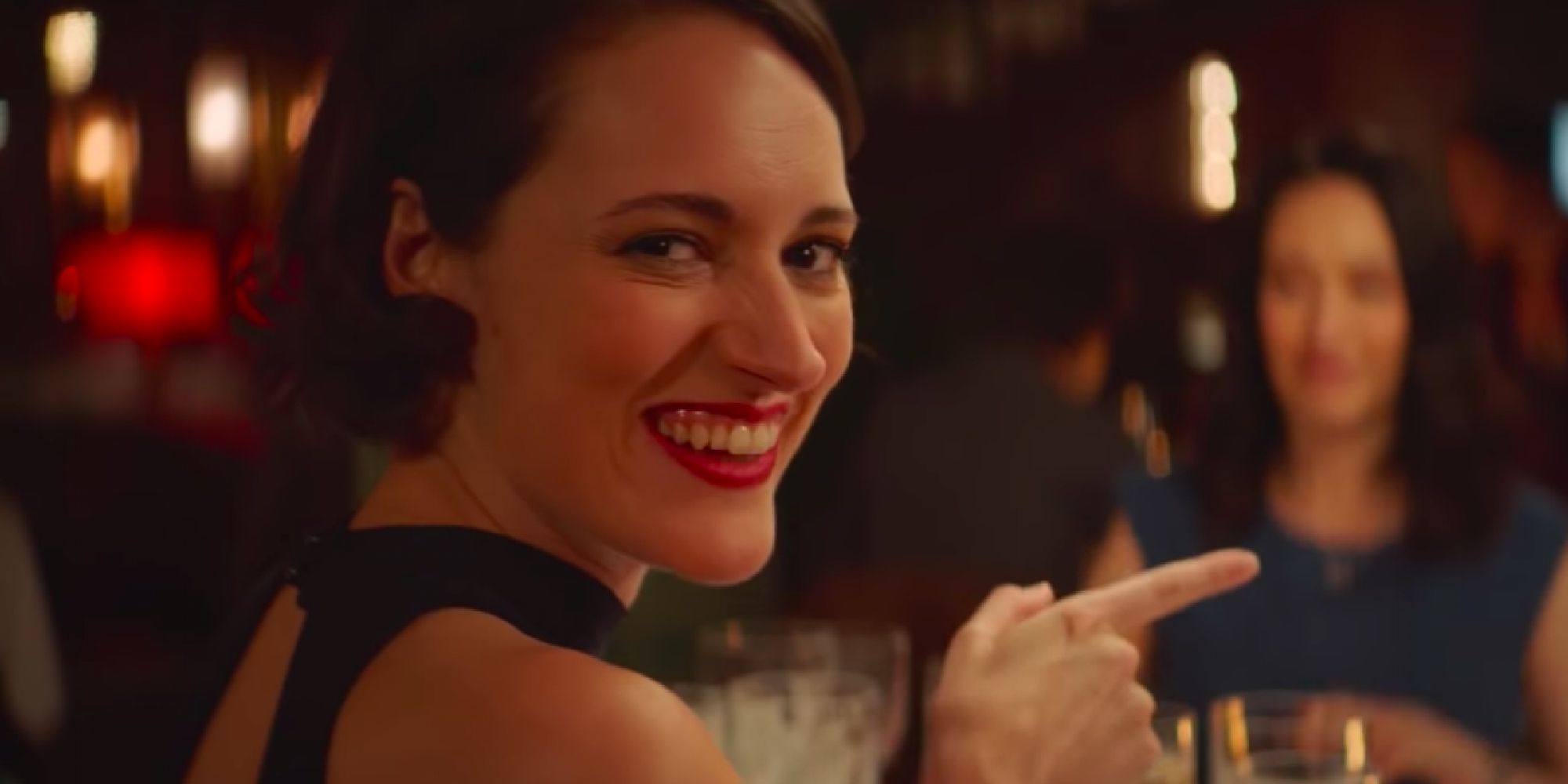According to some, this is a Golden Age of TV. So many high-quality television shows have come out over the course of the last decade, many of them at the same quality as movies in terms of production value. TV used to be the lesser of on-screen jobs for actors, but now it's seen as just as prestige as being in films, with some of the biggest names out there heading up their own shows. It has also become the trend for TV shows to be shorter overall, or to only be limited series with one or two seasons, rather than the classic formula of around 22 episodes to a season and at least 10 seasons that seem to drag on.
A lot of recent TV shows have chosen to end their story after a few seasons rather than waiting it out to go for as long as they can before they're axed by the network. This works to their benefit, as they aren't forced to stretch out the story, and then they don't have to find a way to wrap up the story with very short notice. It seems that these days, showrunners have a more clear end path in mind, and just stick to telling the story they feel is necessary to tell, without letting it get dragged out for too long.
When a show gets to end on its own terms, it's a conscious creative decision and is much more rewarding to the fans of the show than stretching it out would be. Some shows, though they're popular, really overstay their welcome and keep pumping out seasons that are nowhere near the quality of the early ones, just because they can. The fandom can even start to drop off, and the show will still keep putting out episodes (Supernatural is a good example of this, as many people who were present for its height in the early 2010s on Tumblr would be amazed that it was still on in 2020). There's nothing worse than a show that continues past its prime, when the writers have clearly run out of ideas (Once Upon A Time comes to mind as an example of this).
With the rise of streaming over traditional cable television, short seasons and miniseries have become more of the norm, and creators are starting to see the benefits of ending a show on a high note, rather than the possible financial benefits of dragging it on and on. Derry Girls, which recently put its third and final season on Netflix after airing on Channel 4 in the UK, is a great example of this. The show only has 19 episodes over 3 seasons, but it uses its time perfectly to create a memorable cast of characters and a funny and endearing story. The show has received critical acclaim and is beloved by fans, and part of that is due to its condensed format. There's no time to get sick of the show or for it to run out of ideas with only three seasons. The ending of the show is fitting and comes exactly when it needs to.
The same could be said for other shows that aired on traditional TV as well. Schitt's Creek and The Good Place are perfect examples of this, as both shows came to an end based on a decision by the creative team rather than the network stepping in to cut their time short. They both had specific stories they wanted to tell, and didn't feel the need to drag the narrative out past that point. The point of Schitt's Creek was to watch the main characters develop and turn into much better people who develop meaningful relationships with those around them in the town. When that goal was accomplished, the story didn't have anywhere natural to go, so they made the right decision to end it then.
The Good Place actually had a similar goal - to show the development of its protagonists into much better people than they started as, and it felt like there would always be a natural stopping point when that goal was achieved, especially considering the subject matter of the show. It's about the afterlife, and specifically about morality and ethics, and so there was always the clear endpoint in mind that the characters would become much better people through the events of the series. The writers also didn't feel the need to drag that story out, and managed to wrap it up neatly within 4 seasons.
Shows on streaming services tend to fall into the miniseries category much more easily, as they don't have the demands of a network on them. Fleabag on Amazon Prime Video only has 2 seasons, but the impact it made on fans makes it feel like it was around for a lot longer. It manages to pack a punch of a story into just 12 episodes, and the condensed time spent with the characters is probably what makes it so endearing. The viewer doesn't want the story to end, but it mirrors the way that relationships work in real life, and how one might not get to spend as much time as they would like to with a person they love or that is important to them.
As TV trends continue to grow and evolve, the normal length of a show is going to shift, perhaps even more than it already has. Shorter seasons are normal, and it seems like many more showrunners have realized the benefits of plotting out their story from beginning to end instead of just having a vague idea in the beginning and seeing where it takes them. Finales are received much better by fans when they feel like a natural endpoint, as though getting to this specific place in the story was the plan all along. Ending a TV show when its time has come rather than dragging it out for seasons upon seasons without end means that its legacy is left to just be a really tightly written show, rather than something that overstayed its welcome and became a punchline for pop culture.


